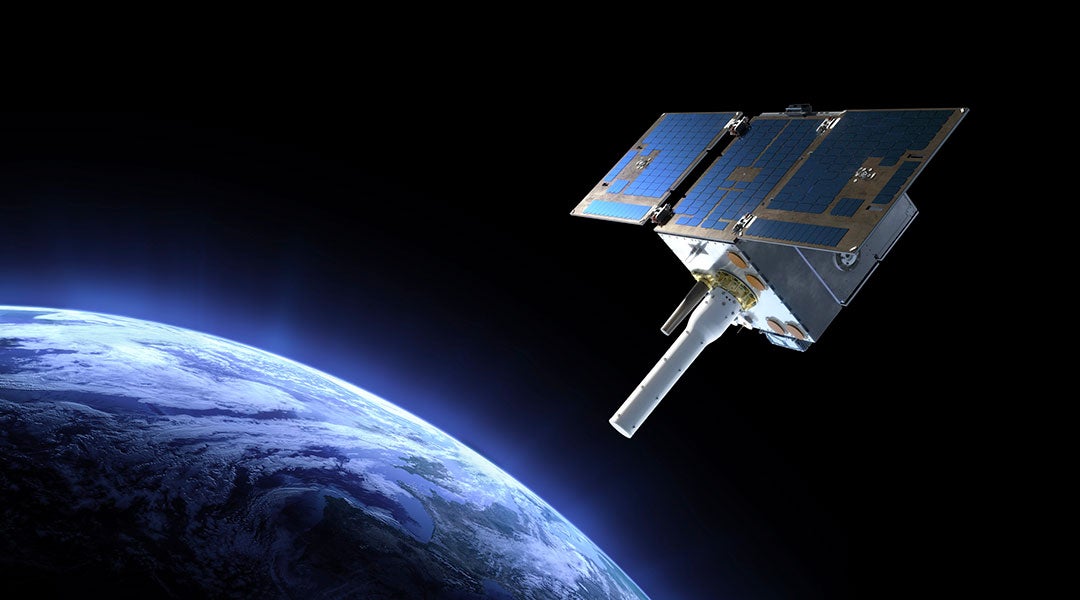
General Atomics Electromagnetic Systems (GA-EMS) has successfully completed environmental testing of its orbital test bed (OTB) satellite platform.
The company also finished Argos-4 hosted payload integration as it readies for the spacecraft launch later this autumn.
In 2019, GA-EMS received a contract from the US Air Force (USAF) and the Space Systems Command (SSC) to launch a satellite and integrate the Argos-4 Advanced Data Collection System (A-DCS) hosted payload.
This Argos-4 payload was provided by France’s National Centre for Space Studies (CNES).
Awarded on behalf of the National Oceanic and Atmospheric Administration (NOAA), this hosted payload solutions delivery order is aimed to facilitate the placement of government payloads aboard commercial satellites.
GA-EMS president Scott Forney said: “Environmental testing is a critical milestone to ensure onboard systems perform as expected and without interference, and that spacecraft will survive harsh environmental conditions of space.
“We will now begin verification of our ground operations and perform system end-to-end testing in final preparation for shipment to launch site.
“In addition to satellite design, build, and payload integration, GA-EMS will operate satellites and perform mission services throughout the satellite’s anticipated on-orbit lifetime.”
GA-EMS’ satellite will be launched from Rocket Lab Launch Complex 1, Mahia Peninsula, New Zealand. It is the only satellite aboard Rocket Lab’s launch vehicle.
Following the launch, the new satellite will become part of the Argos constellation, which is supported by the NOAA cooperative data and rescue services programme.
The Argos-4 payload aims to collect, process and disseminate environmental data from fixed and mobile sensors across the globe.
The disseminated data is used for numerous applications, such as ocean buoy tracking, wildlife and fishery monitoring, maritime security and other non-environmental purposes.


